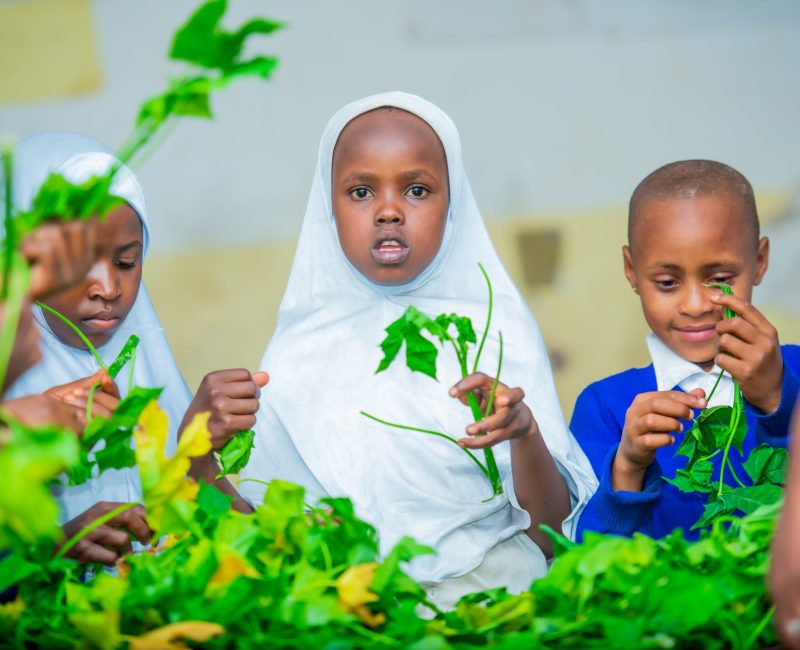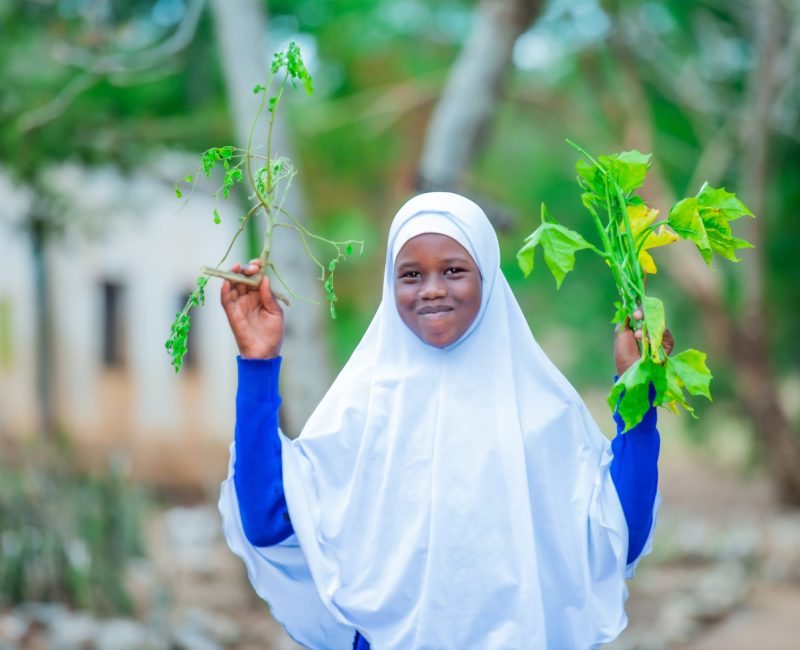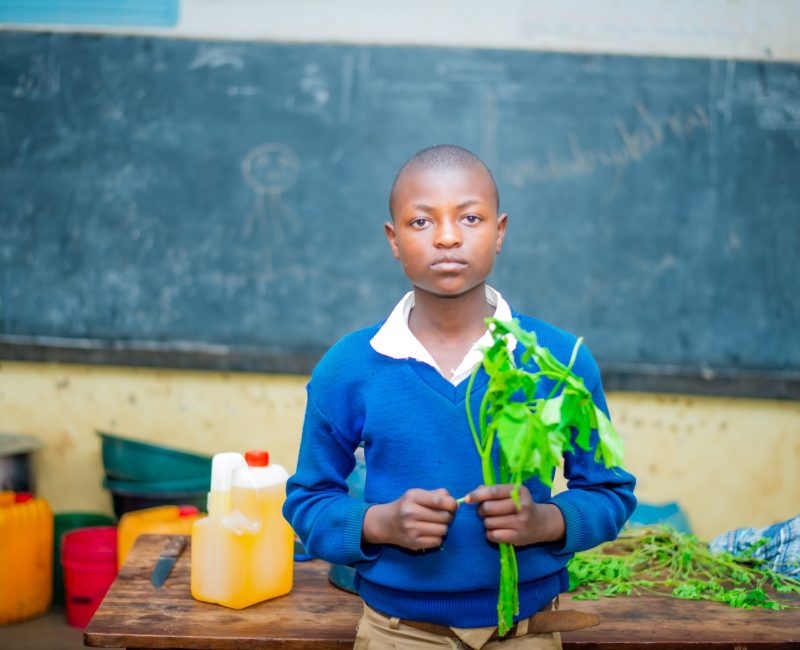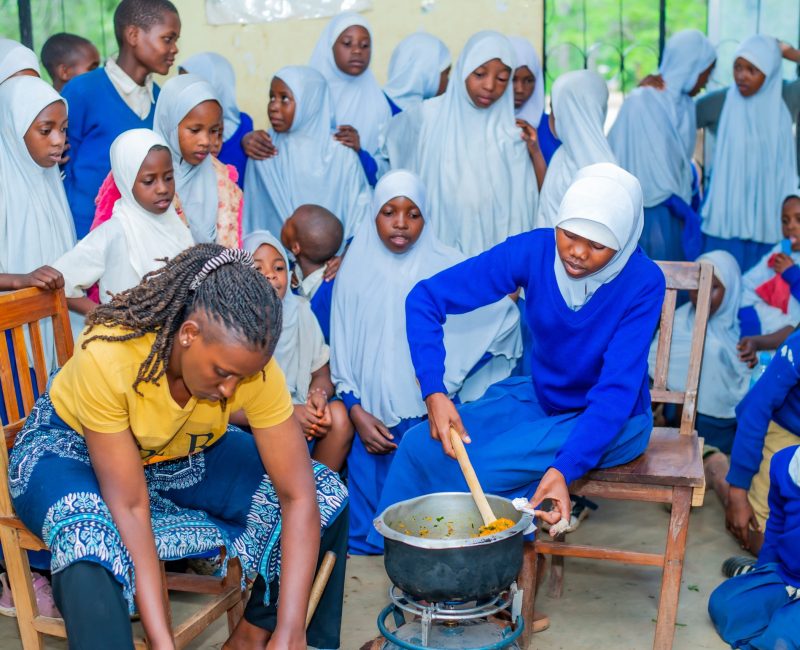Project Details
- Home
- Project Details
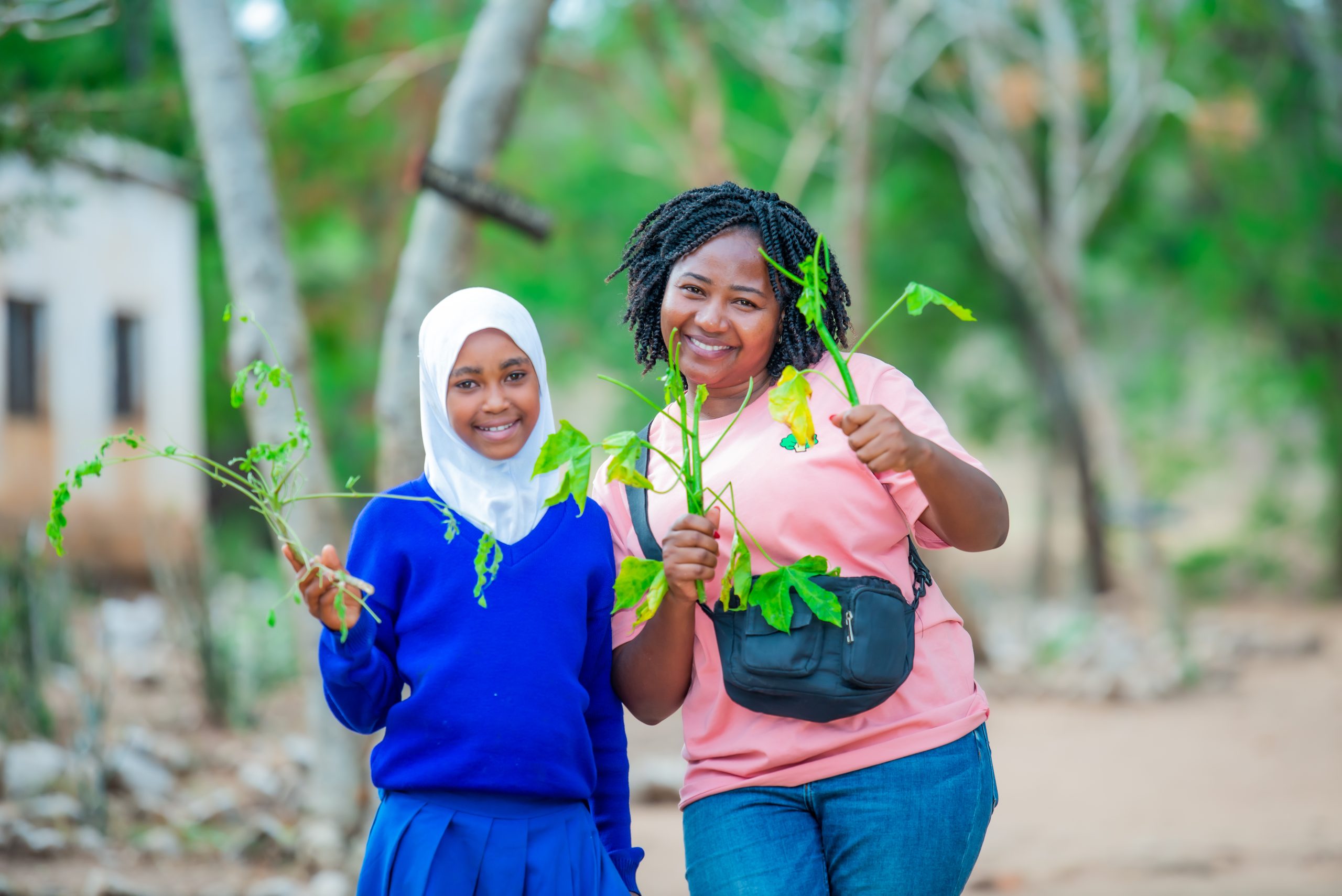
Empowering schools as change agents for sustainable conservation and more food security
This project is implemented by CASEE and supported by the IKI Small Grants programme, strengthening local solutions for effective climate and biodiversity action. IKI Small Grants is part of Germany’s International Climate Initiative (IKI). It is funded by the German Federal Government and run by Deutsche Gesellschaft für Internationale Zusammenarbeit (GIZ) GmbH. The project started its implementation on June 1, 2025, and will run until May 31, 2027, in five wards, namely Kondoa DC, with wards Bereko Soera, Salanka, Kisese, and Masange.
Learn More
Project Summary
This project aims to empower 7,700 community members across 10 villages in the wards of Bereko, Soera, Salanga, Kisese, and Masange in Kondoa District by strengthening their capacities in climate-friendly agriculture and sustainable environmental conservation. The initiative positions schools as change agents, enabling learners, teachers, and surrounding communities to adopt practices that support resilience and improved livelihoods.
Key Objectives
-
Increase climate change awareness among community members in all 10 target villages.
-
Restore forest cover and improve farmer livelihoods through the establishment of community-based woodlots in partnership with project schools.
-
Enhance community nutrition by promoting the use of drought-tolerant perennial plants such as Moringa oleifera and Chaya.
Target Population (7,700 Beneficiaries)
-
500 Farmers (crop growers, livestock keepers, and beekeepers), including 80 youth aged 15–24.
-
2,000 Primary school children (1,100 girls; 900 boys).
-
50 Teachers (22 female; 28 male).
-
150 Village leaders and extension officers.
-
5,000 additional farmers within and beyond the project area.
Key Activities
-
Establish and strengthen environmental clubs in 10 primary schools selected based on land availability, water access, and readiness to maintain project initiatives.
-
Conduct community climate-change awareness meetings in all 10 villages to promote environmental stewardship.
-
Support household-level woodlot development by distributing 20,000 tree seedlings (Grevillea Robusta, Neem, Casuarina) and providing training to 100 farmers, pupils, and teachers on tree planting, maintenance, and sustainable management.

